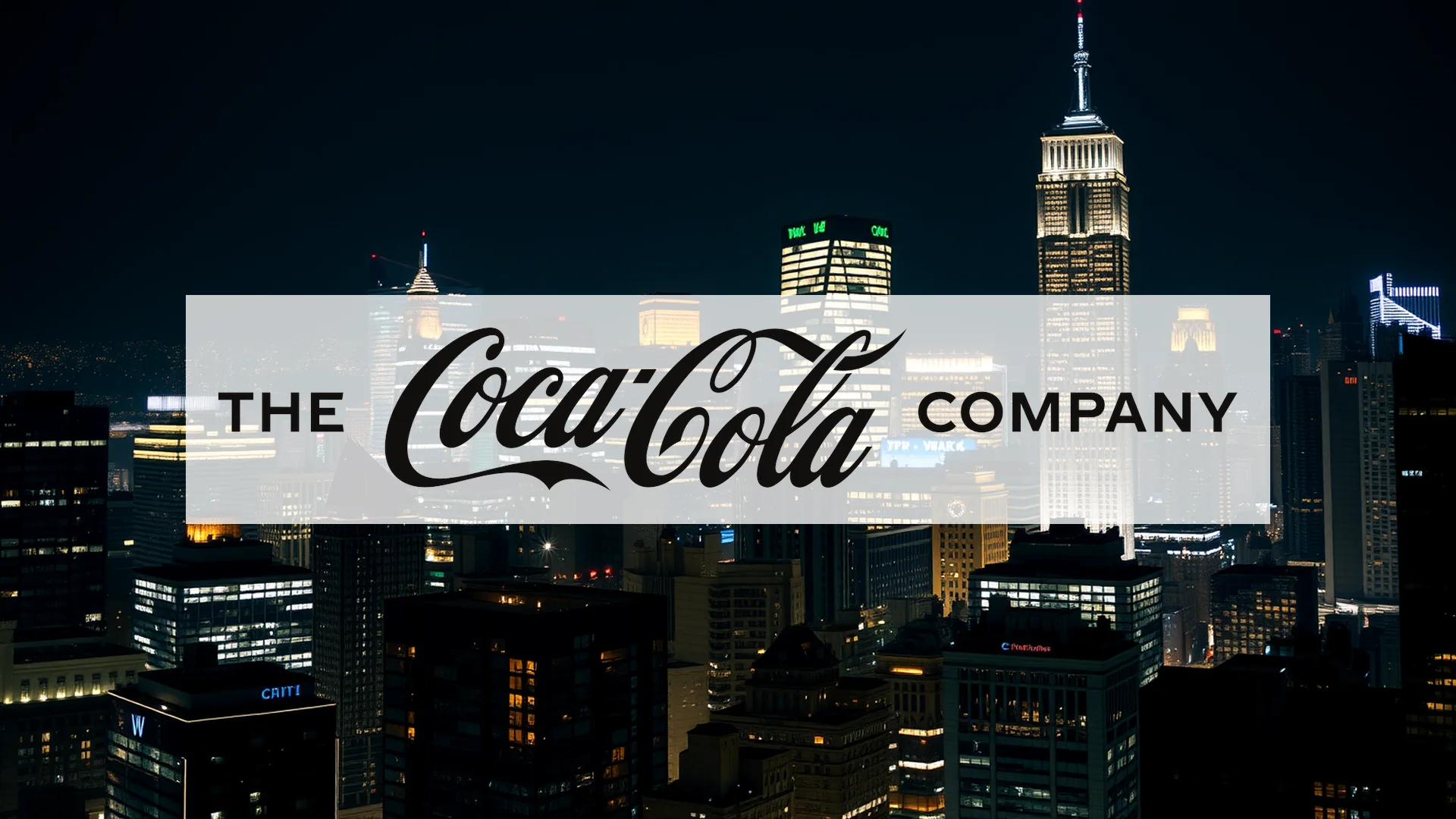In a decisive strategic pivot, The Coca-Cola Company has concluded a transaction marking the end of its century-long direct investment in a key U.S. bottling partner. November 2025 witnessed the beverage titan completely divest its stake in Coca-Cola Consolidated, the largest independent bottler in the United States, for a total consideration of $2.4 billion. This move signals a profound transformation in the corporation’s operational model and prompts a closer look at the implications for its shareholders.
Robust Quarterly Performance Provides Strong Foundation
The strategic overhaul occurs against a backdrop of impressive financial health. For the third quarter of 2025, Coca-Cola reported a 5 percent revenue increase, reaching $12.5 billion. Underlying organic growth was even stronger at 6 percent. A standout performance metric was the dramatic expansion of the operating margin, which surged from 21.2 percent to 32.0 percent. This operational efficiency contributed to a substantial 30 percent jump in earnings per share.
CEO James Quincey highlighted the company’s resilience, stating, “Despite a challenging macroeconomic environment, we are maintaining our agility and continuing to invest in growth. Our diverse beverage portfolio and the power of our franchise system are key to extending our market leadership.”
A $2.4 Billion Transaction Closes a Chapter
The formal execution of this new direction took place on November 7, 2025. Coca-Cola Consolidated repurchased all 18.8 million shares previously held by The Coca-Cola Company at a price of $127 per share. The financing for this buyback was secured through the bottler’s existing cash reserves and a newly established $1.2 billion credit facility.
Concurrent with the sale, Coca-Cola relinquished its seat on the board of directors at Coca-Cola Consolidated. This step underscores a redefined partnership based on equality. J. Frank Harrison III, Chairman and CEO of Coca-Cola Consolidated, described the transaction as “a significant milestone for all shareholders.”
Should investors sell immediately? Or is it worth buying Coca-Cola?
Global Refranchising Strategy Gains Momentum
The exit from Coca-Cola Consolidated is not an isolated event but a key component of a worldwide restructuring initiative. The company is rigorously pursuing its “refranchising” agenda, which involves shedding direct equity stakes in its bottling partners. This strategy was evident earlier in July 2025, when the corporation sold a 40 percent interest in Hindustan Coca-Cola Holdings in India. A comparable transaction with Coca-Cola HBC AG in Africa is also in its final stages.
The core objective of this asset-light model is to sharpen Coca-Cola’s focus on core competencies: brand management and product innovation. The bottling partners, in turn, assume full responsibility for distribution and operational execution. This approach minimizes capital intensity and enhances corporate flexibility.
Market Analysts Express Confidence
The strategic direction has garnered positive reactions from financial institutions. In early November, Bank of America Securities reaffirmed its “Buy” rating for Coca-Cola stock, accompanied by an $80 price target. Other prominent firms, including Wells Fargo, TD Cowen, and Piper Sandler, also view the equity favorably, with their price targets clustering between $79 and $81. The prevailing analyst consensus suggests an upside potential of 10 to 15 percent for the shares.
From a technical analysis perspective, the stock demonstrates strength, trading comfortably above its key 50-day and 200-day moving averages—a bullish signal for many traders. For the full 2025 fiscal year, Coca-Cola’s guidance projects organic revenue growth of 5 to 6 percent, with earnings per share expected to increase by approximately 3 percent.
Ad
Coca-Cola Stock: Buy or Sell?! New Coca-Cola Analysis from February 7 delivers the answer:
The latest Coca-Cola figures speak for themselves: Urgent action needed for Coca-Cola investors. Is it worth buying or should you sell? Find out what to do now in the current free analysis from February 7.
Coca-Cola: Buy or sell? Read more here...










